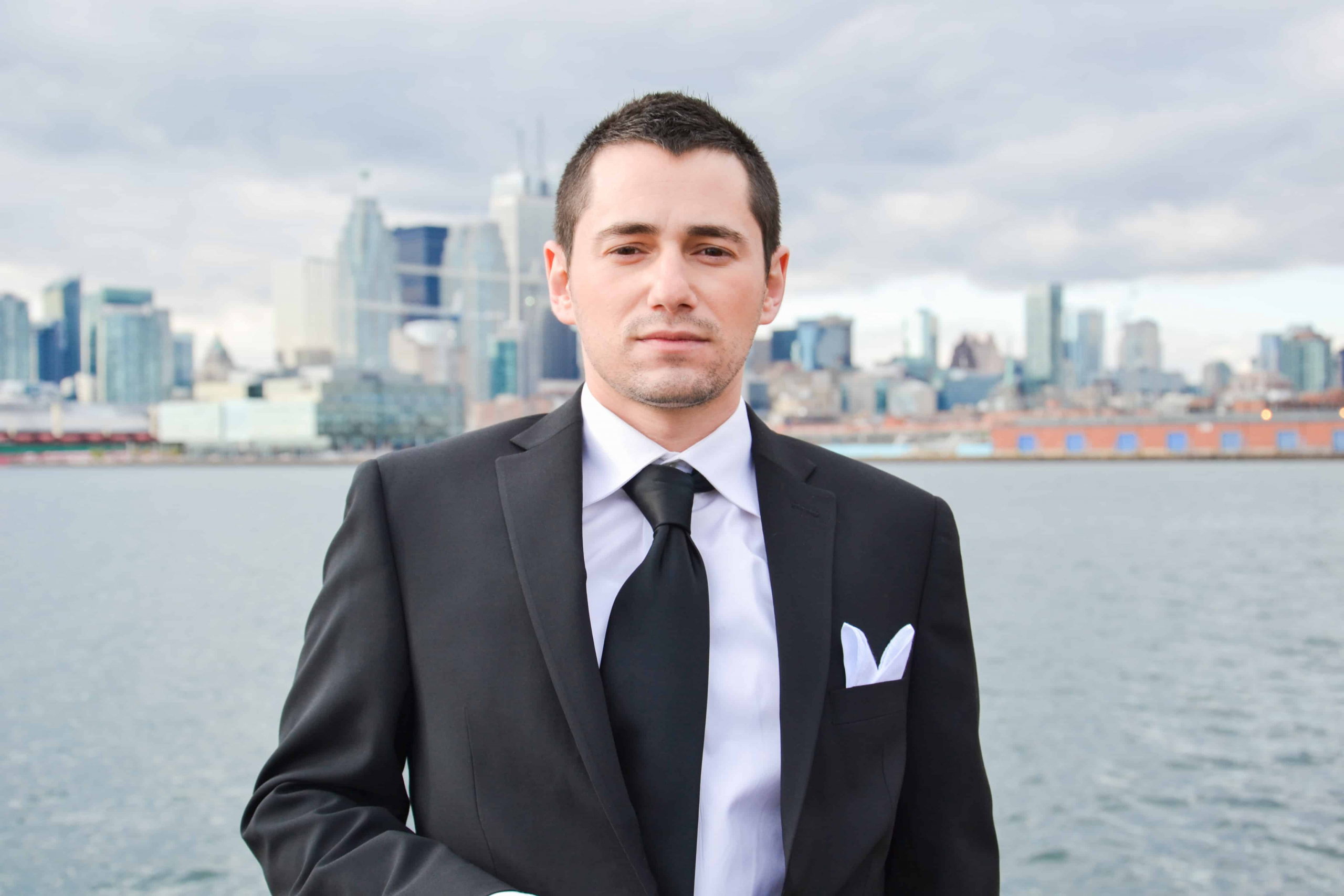As the public becomes more educated about environmental issues, an increasing number of people are making deliberate choices to minimize the pressure they put on the environment. From low-flow fixtures to organic foods to electric cars, there are multiple options available to individuals that allow them to reduce their environmental impact. Recycle for Change, a new not-for–profit organization, aims to make it easy for corporations and organizations to do the same, while continuing to support individual efforts.
Recycle for Change was founded by entrepreneur Ilia Shapenko, and is a waste management organization with environmental objectives.
“Our goal is to educate and inform the public about environmental issues, while providing our clients with customized solutions and educational programs for recycling, waste management, and sustainability,” says Shapenko.
“[We] partner with commercial offices, construction companies, universities, colleges, schools, and others, helping them with their waste management and recycling needs. In addition, we will be offering a unique sustainability program designed by sustainability and environmental professionals.
“Via this program we will provide workshops and presentations to employees, in order to raise awareness, decrease waste, and help them to operate in a sustainable manner.”
Shapenko, who immigrated to Canada in 2005, says that it was his interest in entrepreneurship that pushed him to create the organization in 2012 and his passion for the environment that led him to make Recycle for Change so green-minded.
“It was critical for me to found an organization which will make a positive impact and real changes in our community and society,” he says.
Recycle for Change is not only interested in environmental issues, however. The organization also hopes to create social change in the Toronto area according to Shapenko, a Ryerson graduate.
“The fees we collect from our services will be invested back into our community through donations made to established Canadian organizations such as SickKids Hospital, United Way, The Princess Margaret Cancer Centre, and animal welfare organizations.
“The waste management industry is known for … being traditional, old fashioned, and for being led by for-profit, large corporations that are operating for the purpose of maximizing revenues. Our approach is different, as through our services we are offering a channel for institutions, corporations, and individuals to donate funds and make both environmental and social change.“
Elaine Zlotkowski is the chief editor at Recycle for Change, and curates articles and web content that the organization creates to educate the public on environmental issues.
“I absolutely believe that Recycle for Change has the potential to make a difference in the community and environment,” says Zlotkowski. “[Our] programs will provide businesses and institutions with the educational tools that will help them to operate sustainably, and the environment will be far healthier for it. It’s really a win-win situation for the environment and the community.”
For editor and author Tamkin Naghshbandi, the opportunity to connect to the public was a key factor that led her to join the organization. “Recycle for Change initially sparked my interest when I learned that there was an opportunity to write and research environmental reports for the purpose of educating the public. These articles are posted on the website for readers to enjoy and use for the purpose of learning more about … how human activity impacts the natural ecosystem.”
The educational aspect of the organization is integral to achieving its mandate for environmental and social change.
“We have two main goals: change the perception of the environment and change the community,” explains Recycle for Change business development analyst Yana Shepelyova. “That’s a new approach, innovative, and it’s going to shake the industry and give it new breath. We are not only about performing high-quality services; we are also about educating people. Change starts in everyone’s mind.”
Shapenko hopes the organization will be up and running in the near future. “Our goal is to offer educational services and fully operate by the end of [the] year,” says Shapenko.
If all goes well for Shapenko, his organization will soon be creating the environmental and social change he has been working for. “By educating individuals about sustainability, recycling, and environmental issues, we can build a strong community, improve our’s and others’ lives, and live in a better world.”


